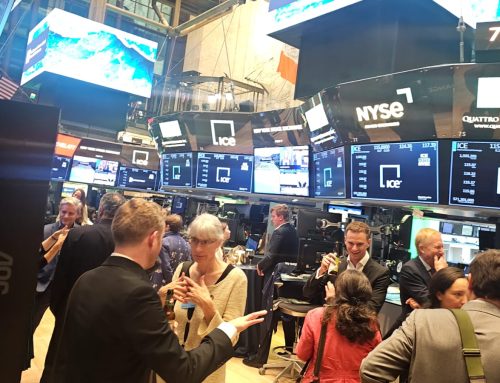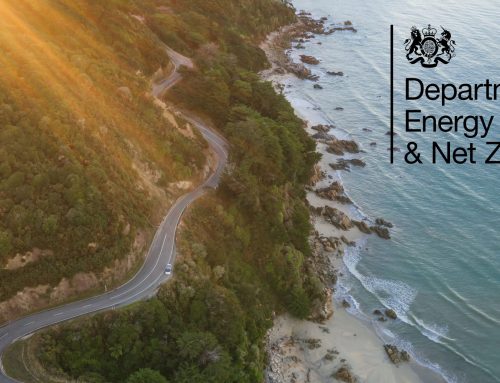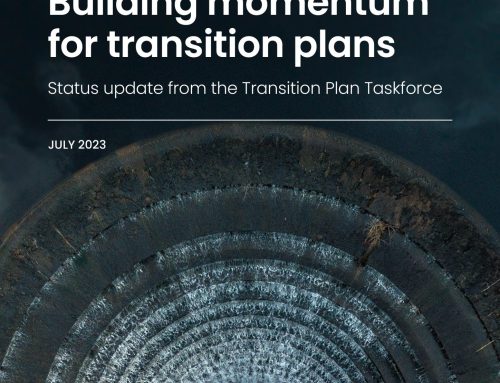A sense of assurance and optimism in the fight against climate change resonated globally following COP28. While outcomes lacked the ambition to ‘phase out’ fossil fuels, an agreement was made to ‘transition away’, which marked the beginning of the end of the fossil fuel era. In light of this historical agreement, 2023 drew to a hopeful close. Nevertheless, the dawn of the new year was met with a disconcerting start, with the World Meteorological Organisation officially confirming 2023 as the hottest year on record, and not by a small margin.
One would hope this unsettling news would light a fire in the belly of climate action, with the need to act drastically as urgent as ever. So, as global decision-makers flocked to the Swiss Alps for the 54th Annual Meeting of the World Economic Forum, it was expected, or at least hoped that climate would be the hot topic.
Mere hope was not enough to satisfy climate activists, who have previously criticised the ‘WEF elite’ for being dangerously complacent about the realities of the climate crisis, and even for being responsible as the people who are “mostly fuelling the destruction of the planet” – Greta Thunberg. Consequently, what ensued on the day before the Annual Meetings proceedings began was an 18km traffic jam at the hands of the activists who gathered on the road leading into Davos under a banner inscribed “End WEF, Take Back Control”.
As the traffic built and horns beeped, I weaved through the snowy mountains on a picturesque train journey from Zurich to Davos and prepared to join the ‘global elite’ for a week of panels, events, and networking opportunities. After recently returning from COP28, the Bankers for Net Zero team and I, unlike the activists, were fuelled with hope and felt ready to feed and advance the climate agenda by fully engaging with the key theme of ‘A long-term strategy for climate, nature and energy’.
However, as our second day in Davos drew to a close, it was clear that on top of the tense geopolitical backdrop and the conversations addressing the likes of Ukraine, the Middle East, and Taiwan, it was AI and blockchain that were the topics on everyone’s tongues, and sustainability had taken a firm seat on the back burner. Not only was this evident from the conversations, panels, and roundtables inside and outside of the congress centre, but it was strikingly obvious from a mere wander down the promenade, taken over by companies and governments, was populated with a more than healthy splattering of AI and blockchain houses.
As a self-proclaimed dummy when it comes to the likes of AI, my overwhelming reaction and feeling towards this was of a sceptical nature. While I know that AI has the capacity to serve as an extraordinary opportunity for society and can even play a significant role in the energy transition, I worry that with an over-reliance on technology, we will begin to shift the responsibility away from ourselves to save the future of our planet. Crystallising my worries, the musical legend, and WEF A-Lister, Will.I.am spoke critically of AI and climate, questioning “What happens when the AI is asked to figure out the solution to this climate change thing and says, ‘It’s you’, what happens then?”.
Whilst I, among many others, were slightly disappointed at the under-representation of climate, that is not to say it was missing from the agenda. There was a myriad of companies – a number of those, B4NZ members – that hosted compelling events and discussions, pressing forward the climate action agenda. Within such events, Davos did succeed in bringing together perspectives from regions across the world and sectors, and in doing so, brought a number of brilliant people with brilliant minds together.
Through the week’s goings-on, it is clear that achieving a sustainable future will require a combination of ambition, policy, and technology. To this end, when the small ski village is once again taken over by the glitz and the glamour of WEF in 2025, it would be nice to see climate action and AI sharing the podium to address the world’s most challenging problems simultaneously.
Francesca O’Neill
Head of Corporate Engagement



